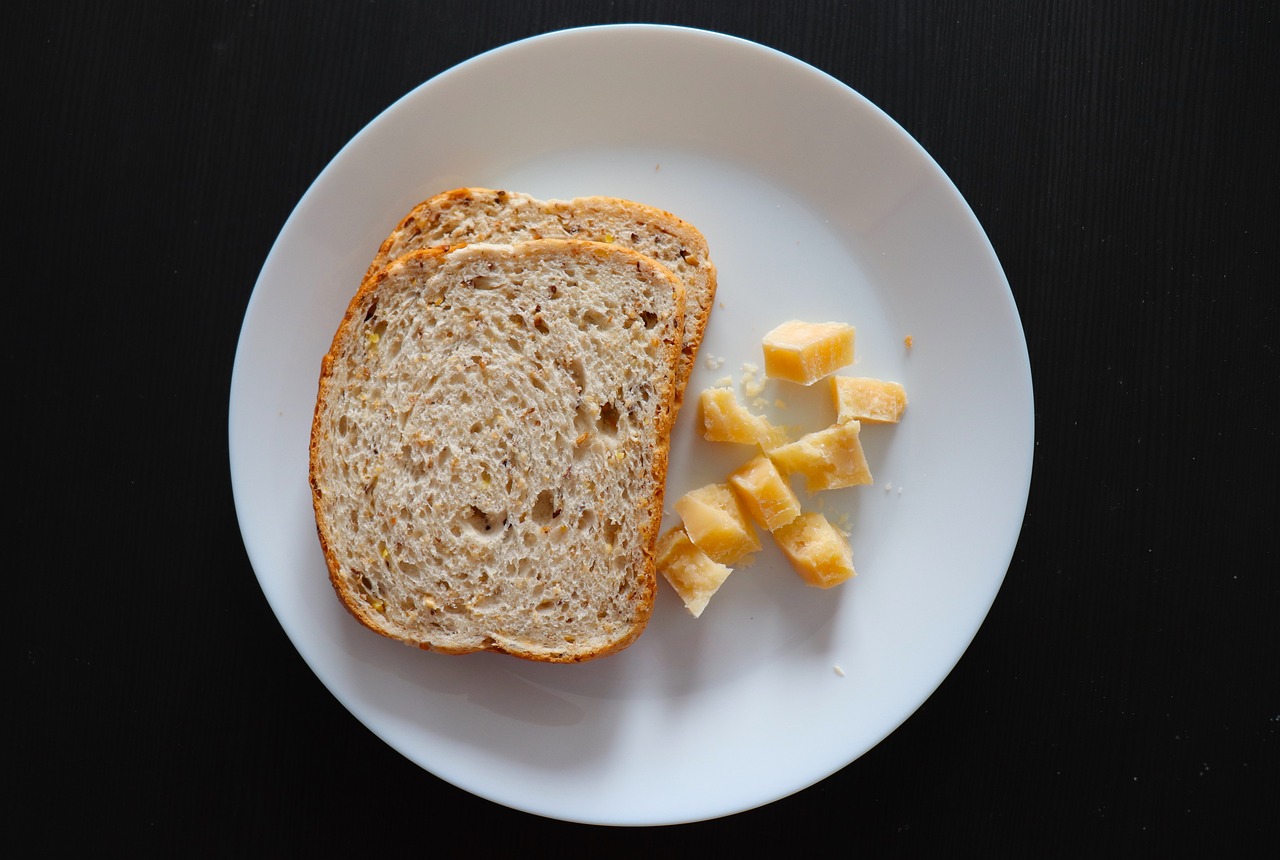Exploring Fermentation: The Art of Cultured Foods
Fermentation is a natural process that transforms sugars into alcohol, gases, or organic acids using microorganisms like yeast, bacteria, or fungi. This metabolic process occurs without the presence of oxygen, making it an anaerobic reaction. Through fermentation, microorganisms break down complex compounds into simpler forms, which can enhance the flavors and textures of various foods and beverages.
During fermentation, microorganisms feed on the sugars present in the food substrate, producing byproducts like lactic acid, carbon dioxide, and ethanol. This transformative process not only helps to preserve foods but also generates unique flavors and aromas. Fermentation is a widely used technique in food production, contributing to the creation of staple items like bread, cheese, yogurt, beer, and sauerkraut.
The History of Fermented Foods
Fermentation has been a longstanding practice that dates back thousands of years, with its roots stretching across various cultures and continents. Historical records indicate that ancient civilizations, such as the Babylonians, Egyptians, and Greeks, all engaged in fermenting foods to preserve them and enhance their flavors. These early societies used fermentation not only as a means of food preservation but also for its supposed medicinal properties.
In Asia, countries like China, Japan, and Korea have a rich history of fermenting foods such as soybeans, vegetables, and dairy products. Fermented foods like soy sauce, miso, kimchi, and yogurt have become integral parts of their cuisines and traditional healing practices. The art of fermentation has been passed down through generations, each culture adding its unique twists and flavors to create a diverse range of fermented products enjoyed worldwide.
Benefits of Consuming Cultured Foods
Fermented foods are known to be rich in probiotics, which are beneficial bacteria that promote gut health. These probiotics aid in digestion and support the growth of healthy gut flora, which can improve overall digestive function and mitigate issues like bloating and constipation. Consuming cultured foods regularly can help maintain a balanced gut microbiome, which is crucial for supporting the immune system and overall well-being.
Furthermore, fermented foods are often more easily digestible than their non-fermented counterparts, as the fermentation process breaks down sugars and carbohydrates. This can be especially beneficial for individuals with digestive issues or sensitivities, as it can help reduce discomfort and optimize nutrient absorption. Additionally, fermented foods can enhance the flavors and textures of dishes, adding complexity and depth to meals while providing a source of beneficial nutrients.





